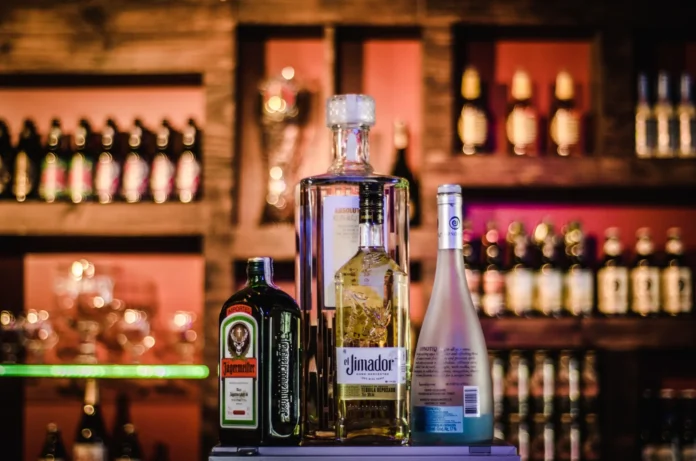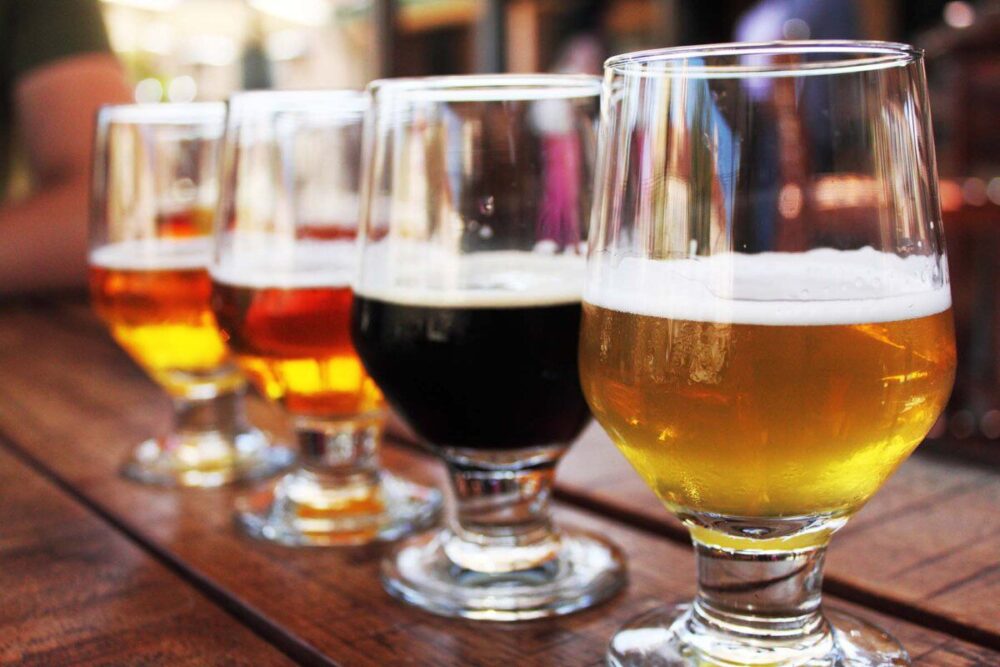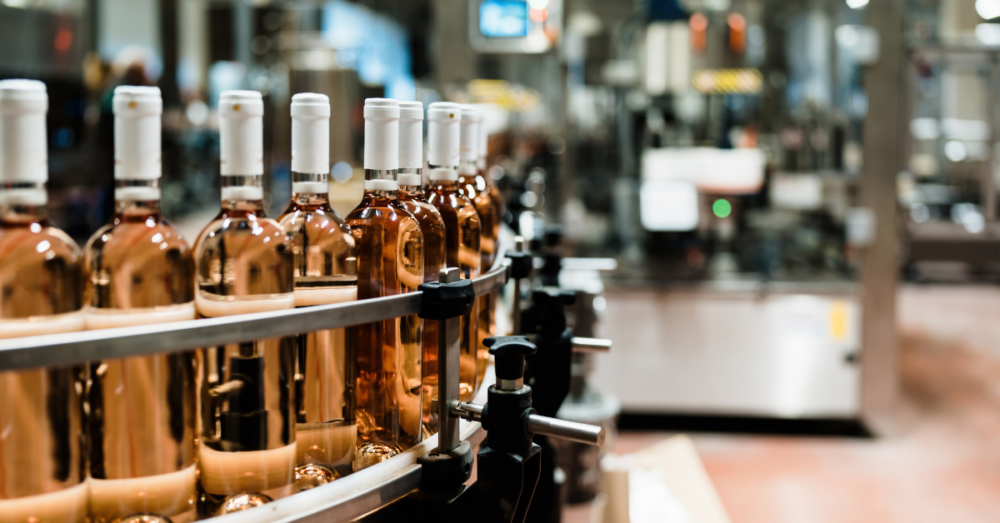
Businesses that operate in the highly regulated beverage alcohol industry must follow all applicable rules and regulations. Violations can lead to severe penalties, license revocations, and the firm’s shutdown. In this article, we’ll go through how to comply with regulations in the beverage alcohol sector, emphasizing getting a Texas alcohol license.
Beverage Alcohol Business Compliance

Here are some essential steps to achieving compliance in the beverage alcohol industry:
Acquire a Texas Alcohol License
Getting a Texas Alcohol License is the first step to complying with regulations in the Texas drinking alcohol industry. The license you choose will depend on the type of business you want to operate. You will be required to obtain a different license, for instance, if you want to run a liquor shop than if you’re going to build a bar or restaurant.
It’s critical to thoroughly understand the kind of license you want and confirm that you satisfy all eligibility requirements before applying.
Follow the required age
To work in the Texas beverage alcohol industry, you should be over 21 years old. Anyone employed in the industry, including servers, bartenders, store clerks, and distributors, is covered by this. To avoid any compliance difficulties, ensure that each of your staff complies with this obligation.
Recognize local and state laws
Both at the state and local levels, there is strict regulation of the alcoholic beverage business. Therefore, it’s critical to properly investigate and comprehend all applicable legal requirements for your company. If you break these laws, you might face fines, license revocation, and other consequences.
Keep accurate records
For the beverage alcohol sector to comply, keeping correct records is essential. This step entails monitoring all transactions—sales, purchases, and inventories. Therefore, it’s crucial to set up a system for keeping track of these documents and periodically checking them for compliance.
Educate and train Employees
Your employees must not only be Texas Alcohol License holders, but it is an essential component of compliance in the beverage and alcohol sector to provide your personnel with the proper training. It’s crucial to check that every employee has received the necessary training and is knowledgeable about any recent changes to the legislation.
Verify responsive service
A vital aspect of compliance in the beverage and alcohol sector is responsible service. This step involves limiting sales to minors, keeping an eye out for intoxication, and, where necessary, rejecting service. Therefore, implementing policies to guarantee responsible service and teach your staff about these standards is essential.
Failure to comply with the compliance standards is a breach of the alcohol legislation and is subject to fines and penalties. Read the next part to learn more about Liquor Law Violations.
About Liquor Law Violations

A liquor law violation generally happens when a person or a business disregards a law governing the use, possession, transit, serving, or sale of alcoholic drinks. One of these is failing to obtain a Texas alcohol license.
Each state and jurisdiction within a state may have its state laws and local ordinances that regulate the sale and use of alcoholic beverages. Accordingly, depending on the jurisdiction, alcohol regulations differ significantly.
Liquor law violations may also vary depending on the individuals involved in a specific case, such as whether a violation included a store, customer, vendor, child, or another company and its workers. For instance, if a server in a restaurant is found giving alcoholic drinks to customers who are less than 21 years old, they may be held accountable for breaking liquor law.
Fines and Penalties
For example, most states issue driving penalties and minimal fines for violations of local liquor laws, including the alcohol-related crime of public intoxication.
On the other hand, more alcohol-related severe offenses, such as buying or selling alcoholic drinks to deliver to a minor, may be charged as misdemeanor offenses. Misdemeanor offenses often carry a fine of up to $1,000 or a prison term of up to one year.
Frequently Asked Questions:

What certification do I need to serve alcohol in Texas?
You will need a Texas Alcoholic Beverage Commission (TABC) certification. Through it, you’ll have the information and abilities to steer clear of the most frequent alcohol service infractions, and your employer will feel better knowing that you’re doing your part to keep Texans safe.
What is a liquor violation charge in Texas?
A liquor law violation generally occurs when a person or a business disregards a law governing the use, possession, transit, serving, or sale of alcoholic drinks.
How can I apply for a Texas alcohol sales license?
The Alcohol Industry Management System (AIMS) is the simplest method for applying for a new license or permit. Connect to AIMS. Visit our How To Use AIMS page to get started with AIMS. While applying for a license or permit through AIMS is the quickest and most convenient option, TABC also accepts applications sent through the mail.
The Bottom Line: What We Know
In conclusion, achieving compliance in the beverage alcohol sector requires extreme care to detail and a dedication to adhering to the law. Therefore, getting a Texas alcohol license is an essential first step in complying with Texas.
However, it’s also crucial to be of legal age, be aware of local and state regulations, keep proper records, educate your staff, and provide responsive service. These guidelines can help you run a successful business in the beverage and alcoholic sector while helping to safeguard the security of your clients and staff.








